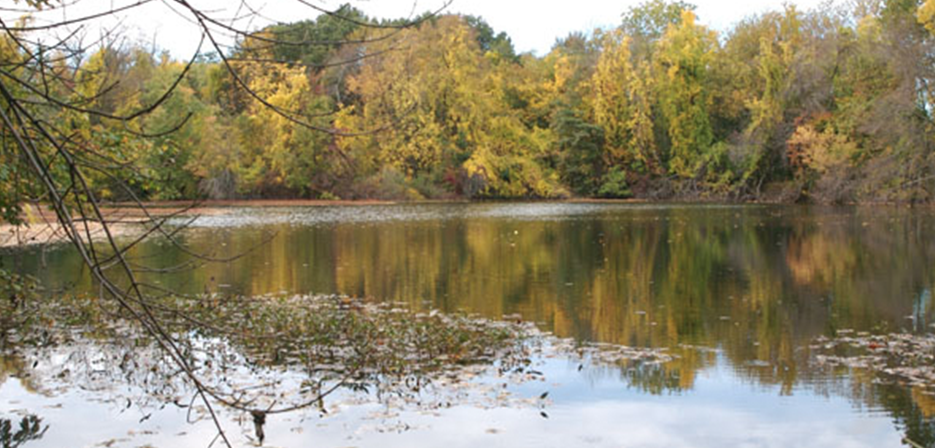

EcoMOD
Exploring the power of immersive virtual environments to support computational thinking and ecosystem science learning in elementary grades
The EcoMOD (Model/Modify, Observe, Design) project will explore the power of immersive virtual environments to support computational thinking and ecosystem science learning in elementary grades. Research shows that, with appropriate scaffolding, even young students can begin building complex causal concepts and understandings of systems dynamics. Developing more advanced scientific and computational thinking in later grades depends on creating a strong foundation in elementary school. However, important questions remain unanswered about how young learners think about models. EcoMOD engages learners in observation and exploration of a complex systems model based on a simulated forest building upon assets developed in an earlier project called EcoMUVE. EcoMOD’s learning goals, related to ecosystem science topics like food webs, will be taught using a systems perspective, and will shift the focus from comprehension of static representations to student interaction with dynamic computational models. Students will explore model elements through a programming sandbox, and will see the effects as they modify the properties and behaviors of the system through programming. EcoMOD will link multiple representations to help connect visual models to dynamic representations of ecosystem relationships. The curriculum will provide a highly supported, object-oriented programming environment customized to focus on ecosystems modeling and designed specifically for younger children.

-
-
-
-
-
-
Support PZ's Reach